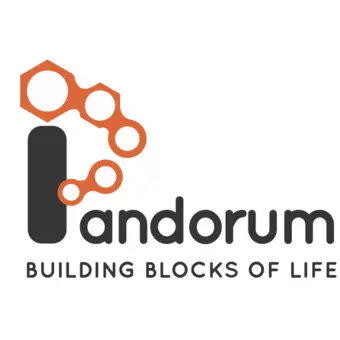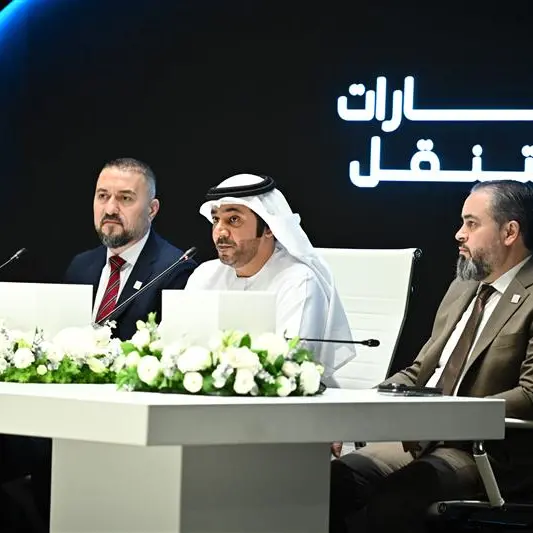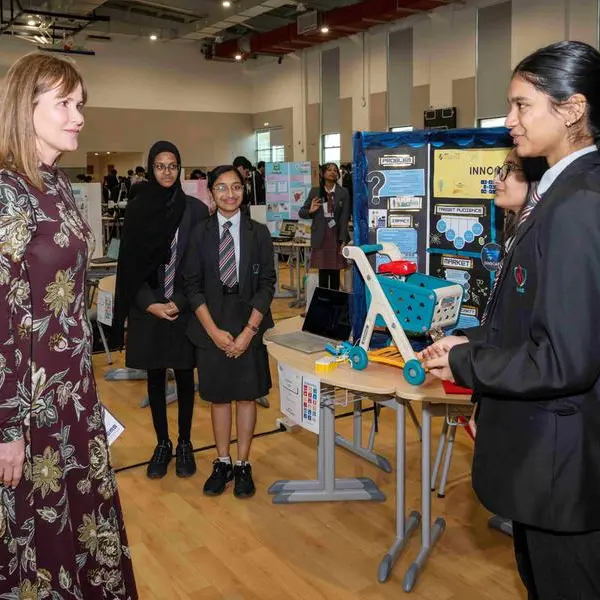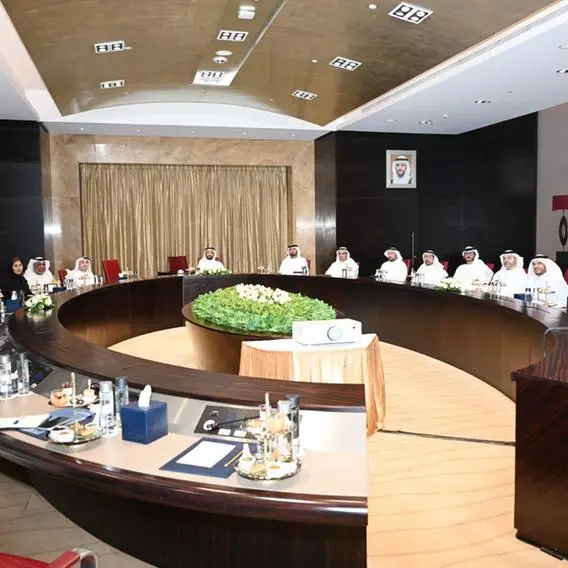
After months in makeshift sites, with little food or water, thousands of Internally Displaced Persons (IDPs) affected by the conflict in Northern Ethiopia are being voluntarily relocated to new shelters by the International Organization for Migration (IOM).
The IDPs, many of whom have been forced to sleep in the open without hygiene facilities, are being moved to Sabacare 4 relocation site in Mekelle, the capital of Ethiopia’s Tigray Region, which has been at the epicentre of the conflict that broke out in November 2020.
More than 3,400 families will be provided with shelter made of plastic sheeting and other materials. For the first time in months, the IDPs, including children, will have access to running water, hygiene and sanitation facilities including toilets, showers and washrooms.
“IOM, together with humanitarian partners, counterparts, and volunteers, have been working tirelessly to make this relocation come together under the extremely challenging conditions in Northern Ethiopia,” says Michael Speir, Northern Ethiopia Crisis Coordinator. “But, we must not forget that more needs to be done to provide urgently needed support to the millions displaced by this conflict.”
Providing essential support like food, cash and health services and meeting other needs remains a major challenge for IOM and other agencies in a context marked by severely limited resources and insecurity. As essential services are severely disrupted due to the conflict, including medical and hospital facilities, the IDPs now will also have access to a health centre where they will receive primary health care, and mental and psychosocial support.
The relocation of IDPs comes at a critical time as schools prepare to reopen this month.
More than 2.1 million people have been displaced during the conflict across the regions of Tigray, Afar and Amhara.
The situation in Tigray remains volatile. In partnership with other UN agencies, IOM is committed to delivering life-saving humanitarian assistance to continue reaching people in need. The relocation is part of IOM’s scale-up response programming in the region, despite the severe shortage of funding.
The relocation was made possible through the support from USAID’s Bureau for Humanitarian Assistance (BHA), European Civil Protection and Humanitarian Aid Operations (ECHO), Ethiopia Humanitarian Fund (EHF), United Nations Central Emergency Response Fund (CERF) and the German Humanitarian Assistance.
Distributed by APO Group on behalf of International Organization for Migration (IOM).
© Press Release 2021
Disclaimer: The contents of this press release was provided from an external third party provider. This website is not responsible for, and does not control, such external content. This content is provided on an “as is” and “as available” basis and has not been edited in any way. Neither this website nor our affiliates guarantee the accuracy of or endorse the views or opinions expressed in this press release.
The press release is provided for informational purposes only. The content does not provide tax, legal or investment advice or opinion regarding the suitability, value or profitability of any particular security, portfolio or investment strategy. Neither this website nor our affiliates shall be liable for any errors or inaccuracies in the content, or for any actions taken by you in reliance thereon. You expressly agree that your use of the information within this article is at your sole risk.
To the fullest extent permitted by applicable law, this website, its parent company, its subsidiaries, its affiliates and the respective shareholders, directors, officers, employees, agents, advertisers, content providers and licensors will not be liable (jointly or severally) to you for any direct, indirect, consequential, special, incidental, punitive or exemplary damages, including without limitation, lost profits, lost savings and lost revenues, whether in negligence, tort, contract or any other theory of liability, even if the parties have been advised of the possibility or could have foreseen any such damages.



















